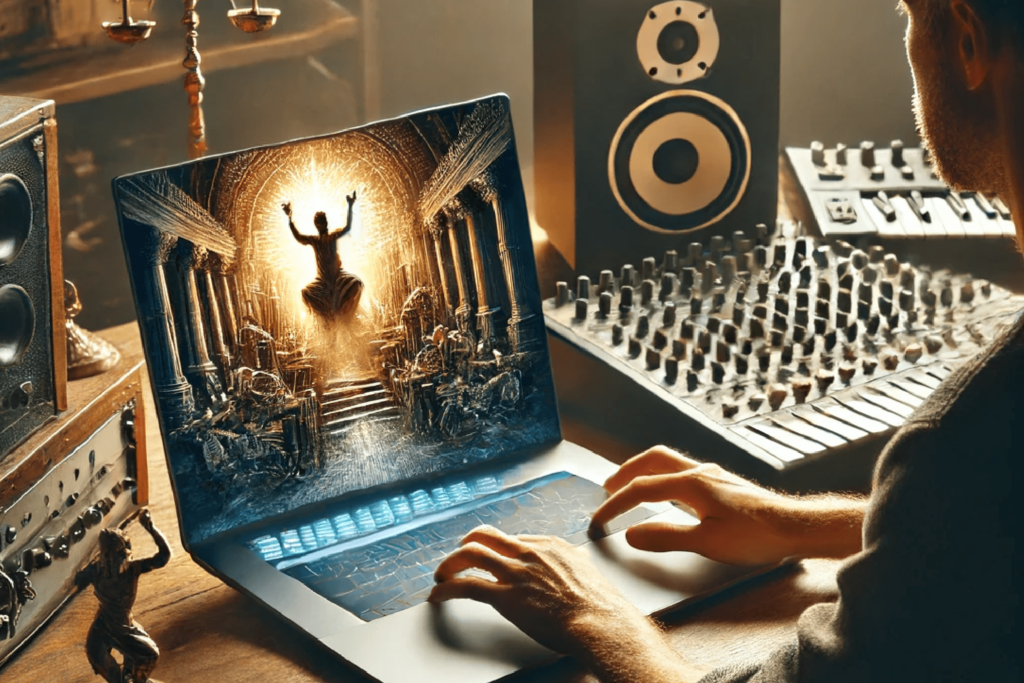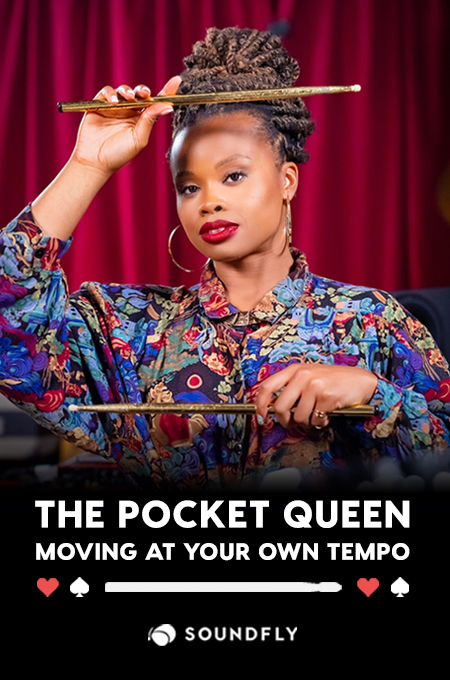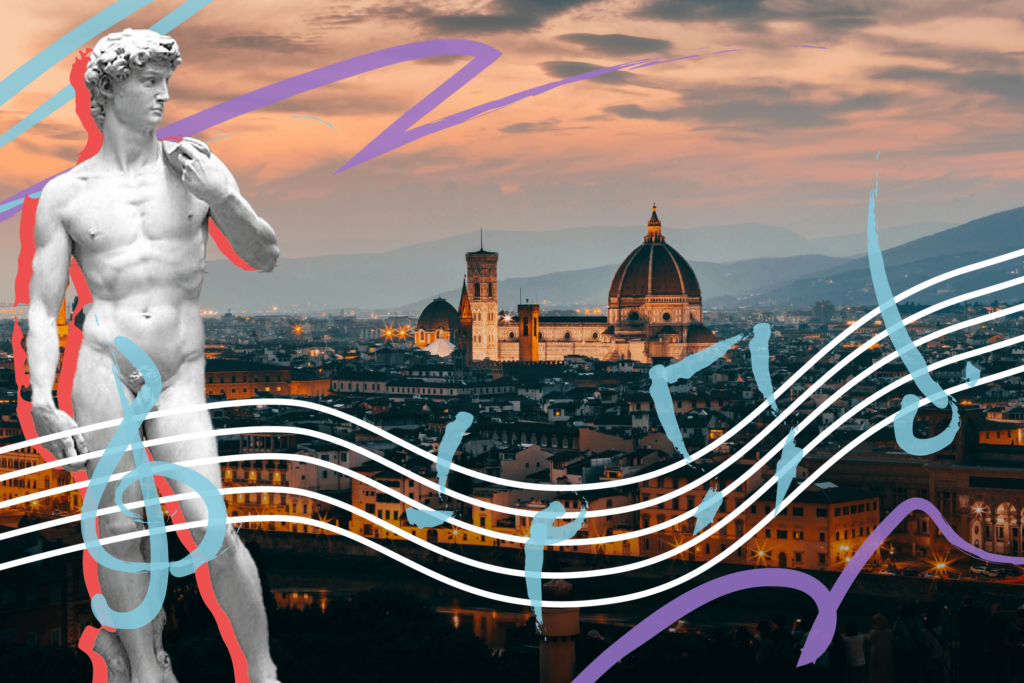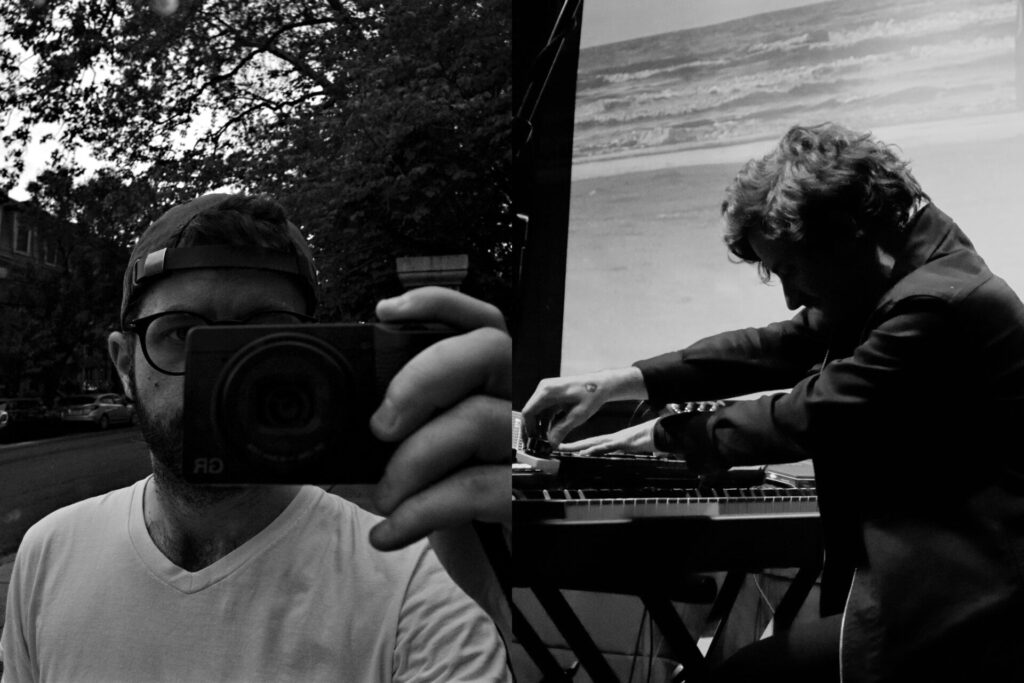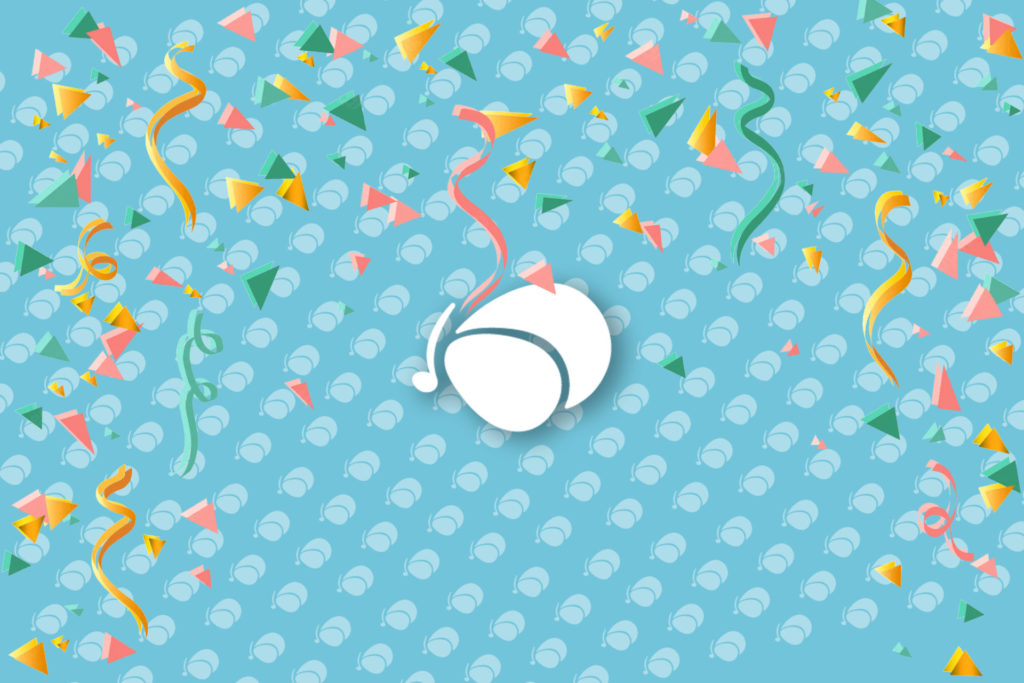There’s a story many of us tell ourselves that goes something like this:
There are professionals and experts out there that know things we don’t know. They are equipped with some sacred knowledge that we don’t have that allows them to do the things they do. We can’t be successful until we have also unearthed that sacred knowledge. Only then can we be ushered into the secret society of the successful, the elite cabal of the consequential. Only then can we make good music.
I’ve encountered so many people who tell themselves this story, myself included. Despite playing piano for 30 years, for years I didn’t consider myself an “actual pianist” because I didn’t have the imprimateur of a music school behind me. When I started playing around with production, it seemed ludicrous to actually mix my own tracks for release, since… who was I to do that? Surely, it requires a professional to release a professional track.
Now, there is a part of this story that’s true: Some people do know more than you or I do. Expertise is real. For instance, a professional mix engineer might have vastly more experience around using compression than you or I. There are times when that sort of thing is quite useful.
But in my experience, this story is vastly more damaging than it is true. That’s because more often than not, there is no sacred knowledge. After hunting down the secret emerald that unlocks the way, bypassing the spike pits and poison darts, parkouring through the laser field, and finally emerging into the inner sanctum, you discover that… the sacred knowledge you’ve come to get is worthless, or even a mirage.
And yet, this mirage can be the perfect excuse to hold yourself back, to not release a song or seize an opportunity. It can be the reason not to try something idiosyncratic or to pursue some excited little voice in your head. Even worse, it can stop you appreciating or enjoying your music — from experiencing the act of music making like a child splashing giddily in a mud puddle.
Let me give you an example of how this can play out in practice. I’ve struggled for years to get a piano sound I’m satisfied with on recordings. That’s partly because I thought you had to record a piano in a specific way — at a studio, with the right mics and an experienced engineer. And that meant I rarely made new music, since those things are expensive and hard to come by.
The funny thing is that even when I’ve had those things, they haven’t helped. I’ve left most of my studio sessions deeply dissatisfied. I find the environment alienating. The time is usually very tight, which adds pressure that doesn’t help my playing. I don’t have a good sense of the sound on the piano I’m using. The engineer often has a preconceived notion of what to do, and doesn’t really have time to mess around, to develop my sound specifically.
So last year, a buddy encouraged me to figure out how to record at home — to use what mics I had lying around, experiment liberally, and figure it out. I added some DIY felt, used my childhood piano, and experimented with mic placement, and so far, I’m way happier with the results than anything I’ve recorded at a studio to date. I had to let go of the promise of “sacred knowledge” to find my own way, a way more aligned with my creative vision, and that’s made a huge difference for me this year.
When we look at artists we admire, we might see fancy studios, expensive producers, and an army of specialist collaborators — but we forget that many of those artists built their names and reputations without any of those things. Last night, I saw the producer James Blake live in Brooklyn, who has worked with the likes of Beyoncé and Rick Rubin but got his start self-producing tracks in his bedroom and making mixes for radio.
Another popular artist I think of is Jacob Collier, who is undoubtedly one of the most vocally gifted performers of our modern age and would seem to be a point in favor of the “sacred knowledge” argument. And yet, he got successful by marrying those vocal skills with a willingness to experiment in fields where he’s not an expert — new instruments, recording techniques, arranging in the DAW, and video production. The parts of his craft where he’s more of an enthusiastic amateur have always been as compelling, if not more so, as the parts where he’s an expert.
Among our instructor artists, Kiefer built his reputation by releasing self-produced beats on Soundcloud, a track a week. RJD2 has a couple of the most popular instrumental hip-hop beats of all-time, but taught himself how to use an MPC one weekend by reading the manual. Ryan Lott developed his unique style of composition by recording audio snippets from a mixing bowl and then chopping them up and reassembling them. None of them waited for sacred knowledge. They found their own ways to bring their visions to life.
On Soundfly, we have a lot of useful knowledge in the courses we’ve made, tips for creating specific synth patches or crafting well-balanced mixes. But I’ve always found that the most compelling parts of our courses are precisely those permission giving moments — the moments where you see that even the best are often winging it, that encourage you to learn something by dialing it all the way up to see what happens or playing around with chords to see what you come up with.
It’s those moments that encourage you to trust in your ear and your creative vision for yourself and keep moving forward. And that’s what I believe makes you an artist, way more than any sacred knowledge.
What do you think? Are there places in your craft where you’re waiting for some “sacred knowledge” to help you through? If so, I encourage you to look for ways to shed that story and transform it into something new that will push you forward rather than hold you back.
